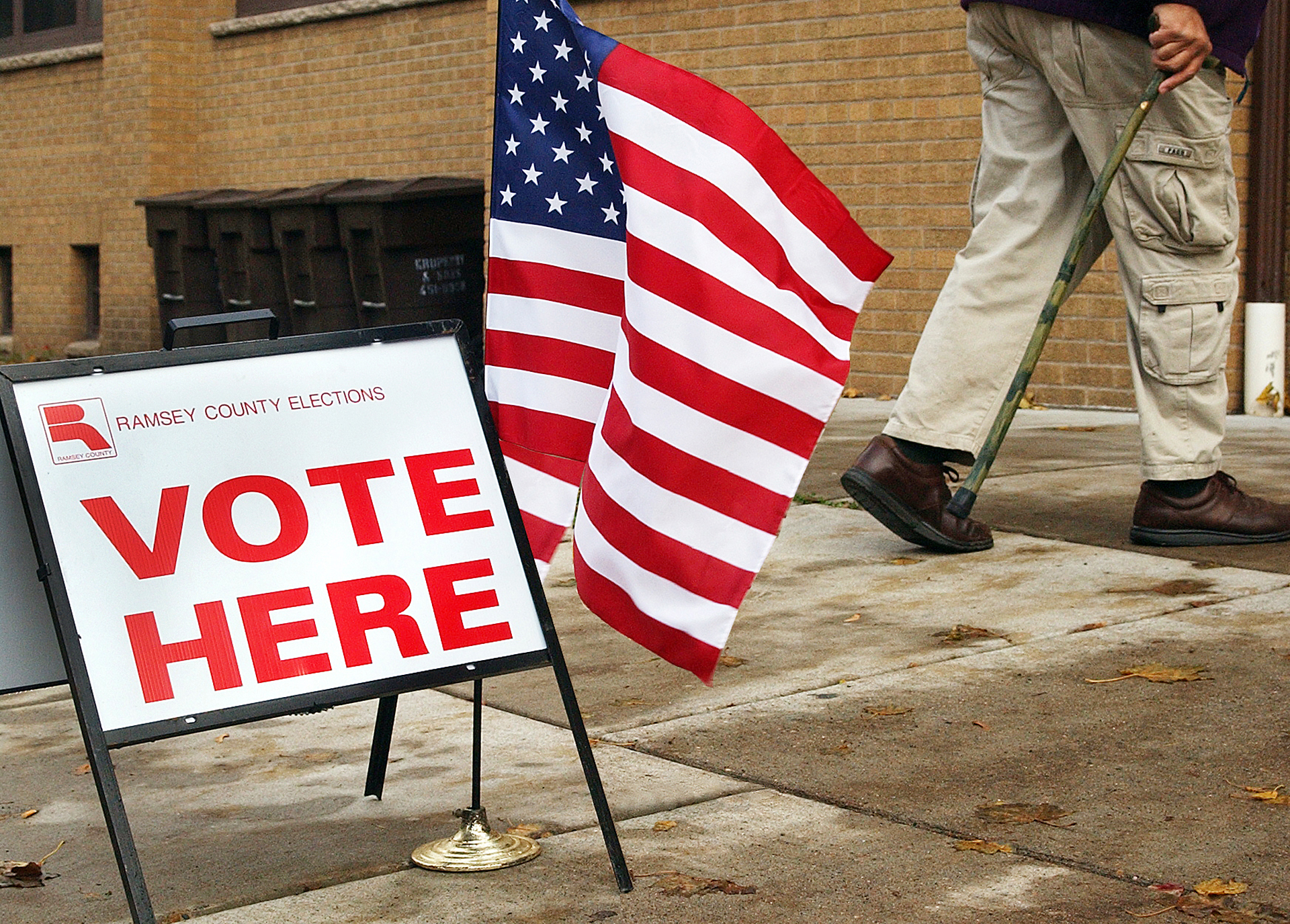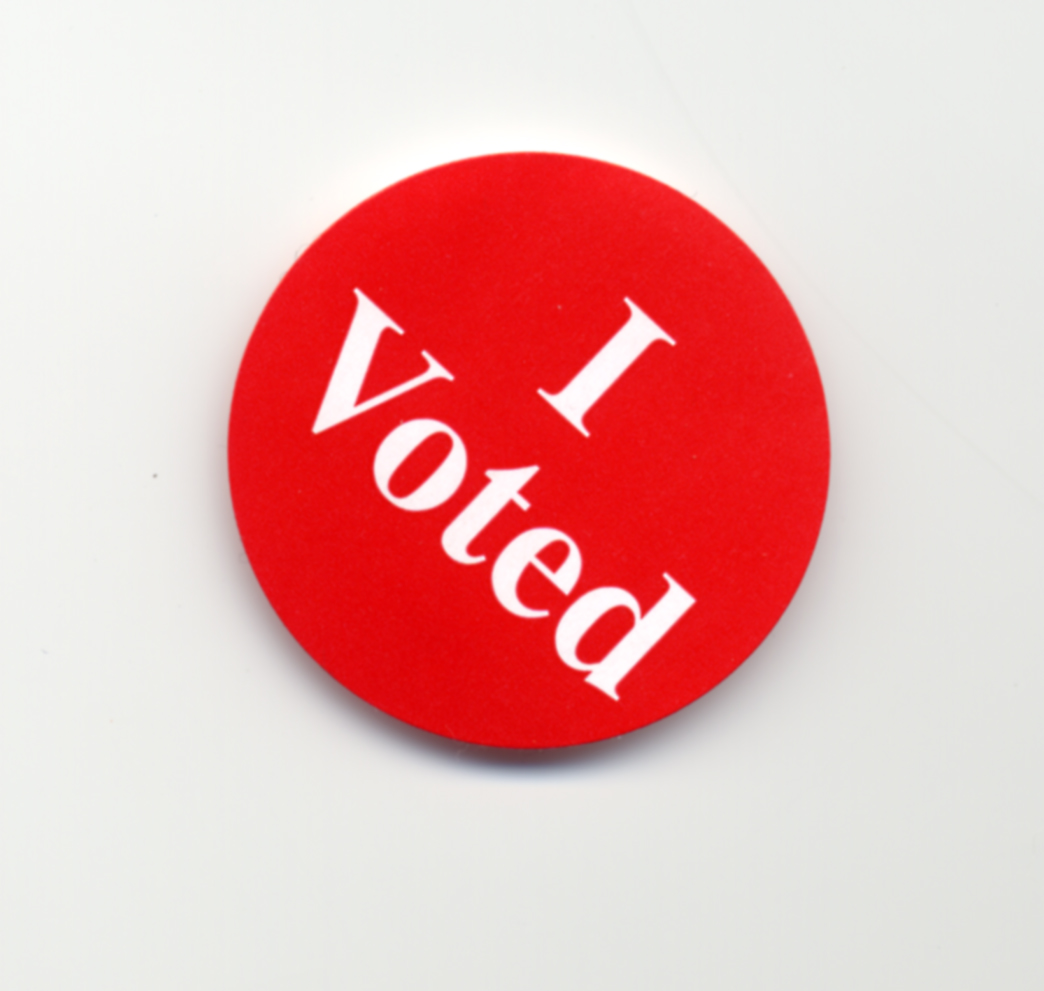Omnibus elections bill includes felon voting rights, automatic voter registration

Restoration of voting rights for felons who have completed their time behind bars, automatic voter registration and statewide early voting are among measures included in the omnibus elections bill that cleared its first House hurdle on Wednesday.
HF1603, sponsored by Rep. Raymond Dehn (DFL-Mpls), includes roughly two-dozen elections-related measures that would impact the way Minnesotans register to vote, cast absentee ballots, change how candidates can spend funds on security, and would add the state to a growing group of states attempting to move toward awarding Electoral College votes based on the outcome of the national popular vote.
Comprised of bills heard previously in the House Subcommittee on Elections, the proposed legislation was approved, as amended, on a 5-3 party-line vote. It now heads to the House Government Operations Committee and is expected to eventually be incorporated in the omnibus state government finance bill, Dehn said.
The bill, its sponsor said, brings “more integrity” to Minnesota elections, and would make it “so more people can participate in our elections.”
Highlights of the bill
Minnesota would join a growing list of states that restore voting rights to people who have been convicted of a felony once they complete their term of incarceration, under a measure sponsored by Dehn that is included in the bill.
The provision is derived from HF40 and, if included in the final version of the bill, would make Minnesota one of 14 states to automatically restore voting rights to felons once their prison term is complete.
Also included in the bill is a measure sponsored by Rep. Jennifer Schultz (DFL-Duluth) that would provide for Minnesotans eligible to vote to be automatically registered when applying for a Minnesota driver’s license, state identification card, or learner’s permit.
Currently, applicants are given the option to opt-in to voter registration on those applications. Under the automatic registration provision, that would be reversed — applicants would have the opportunity to check a box to decline registering to vote. Those who don’t decline would be registered following a review by the secretary of state’s office.
Other measures included in HF1603 would:
- direct the secretary of state’s office to create written materials assisting tenants in the process of registering to vote and locating their local precinct; landlords would be required to provide a copy of those materials to each tenant within 30 days of entering a lease;
- require certain public transit providers to provide fixed-route public transit service free of charge on the day of a statewide general election;
- establish standards and procedures for early voting in Minnesota, which would allow a voter to cast a ballot at a centralized polling place during a specified period prior to Election Day (currently local governments are authorized to choose to offer early voting; that statute would be repealed);
- establish a redistricting advisory commission that would include five retired judges and 12 members of the public responsible for drawing and recommending new congressional and legislative district boundaries every 10 years following each census;
- authorize all local governments the option to elect local officials using ranked-choice voting;
- appropriate $6 million in federal Help America Vote Act grant funding for election system security improvements, a provision that is also moving in a standalone bill, HF14, but is currently stuck in conference committee; and
- authorize a campaign to make an expenditure for certain security-related expenses for a candidate and immediate family members who live in the same household and report it as a “non-campaign disbursement.”
‘Loaded with partisan provisions’
Rep. Jim Nash (R-Waconia), the minority lead on the subcommittee, expressed displeasure with what he termed the partisan nature of what has often been a nonpartisan, noncontroversial bill.

He unsuccessfully offered an amendment that would have deleted a number of provisions, including the restoration of felon voting rights, automatic voter registration, the requirement that landlords provide tenants with registration information, free transit rides on Election Day, and the HAVA appropriation.
“This is loaded with partisan provisions,” he said. “I am dismayed.”
DFLers, for their part, said they didn’t understand Republican objections to “common-sense” provisions like the proposed redistricting advisory commission.
That measure, in particular, “is trying to prevent gerrymandering,” said Rep. Alice Mann (DFL-Lakeville). “What is partisan about that?”
What’s in the bill?
The following are selected bills that have been incorporated in part or in whole into the omnibus elections bill:
- HF14 (Nelson)
- HF40 (Dehn)
- HF45 (Schultz)
- HF94 (Vang)
- HF673 (Lucero)
- HF979 (Gomez)
- HF983 (Elkins)
- HF1371 (Long)
- HF1605 (Klevorn)
- HF2050 (Bahner)
Related Articles
Search Session Daily
Advanced Search OptionsPriority Dailies
Ways and Means Committee OKs proposed $512 million supplemental budget on party-line vote
By Mike Cook Meeting more needs or fiscal irresponsibility is one way to sum up the differences among the two parties on a supplemental spending package a year after a $72 billion state budg...
Meeting more needs or fiscal irresponsibility is one way to sum up the differences among the two parties on a supplemental spending package a year after a $72 billion state budg...
Minnesota’s projected budget surplus balloons to $3.7 billion, but fiscal pressure still looms
By Rob Hubbard Just as Minnesota has experienced a warmer winter than usual, so has the state’s budget outlook warmed over the past few months.
On Thursday, Minnesota Management and Budget...
Just as Minnesota has experienced a warmer winter than usual, so has the state’s budget outlook warmed over the past few months.
On Thursday, Minnesota Management and Budget...
